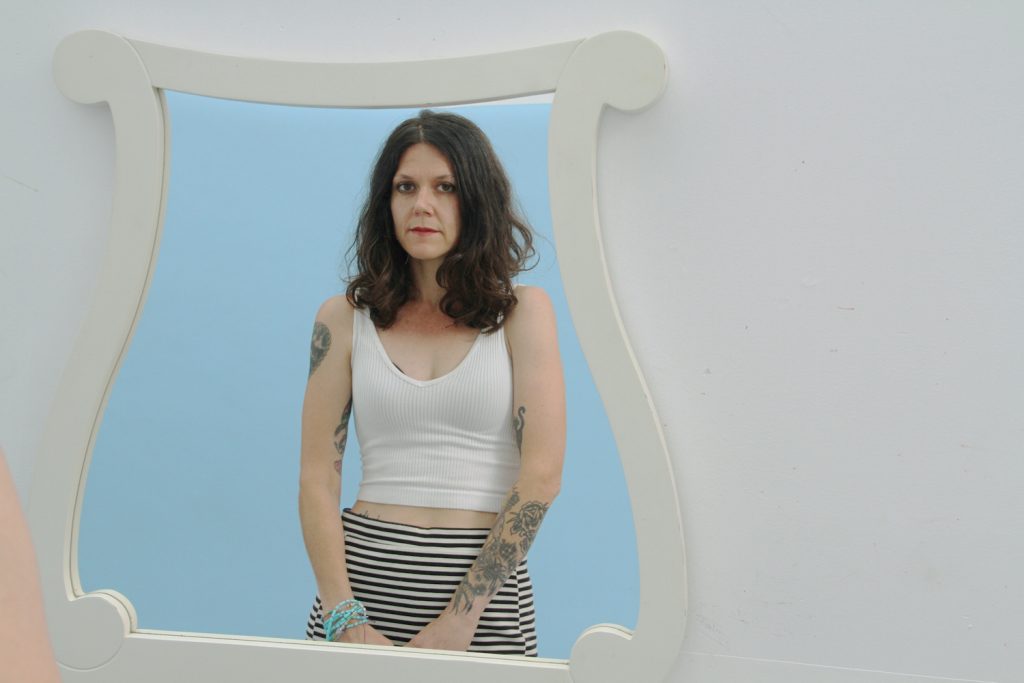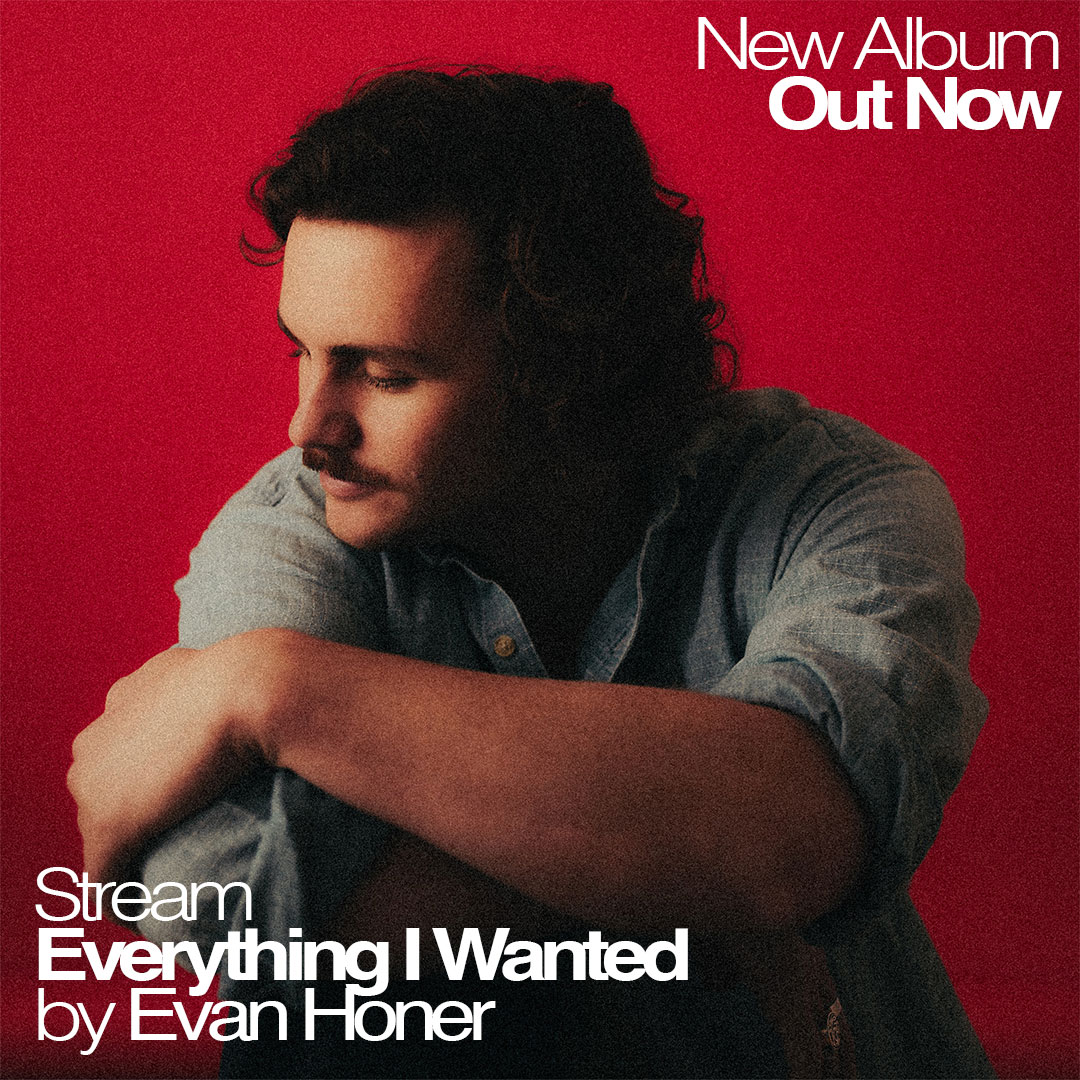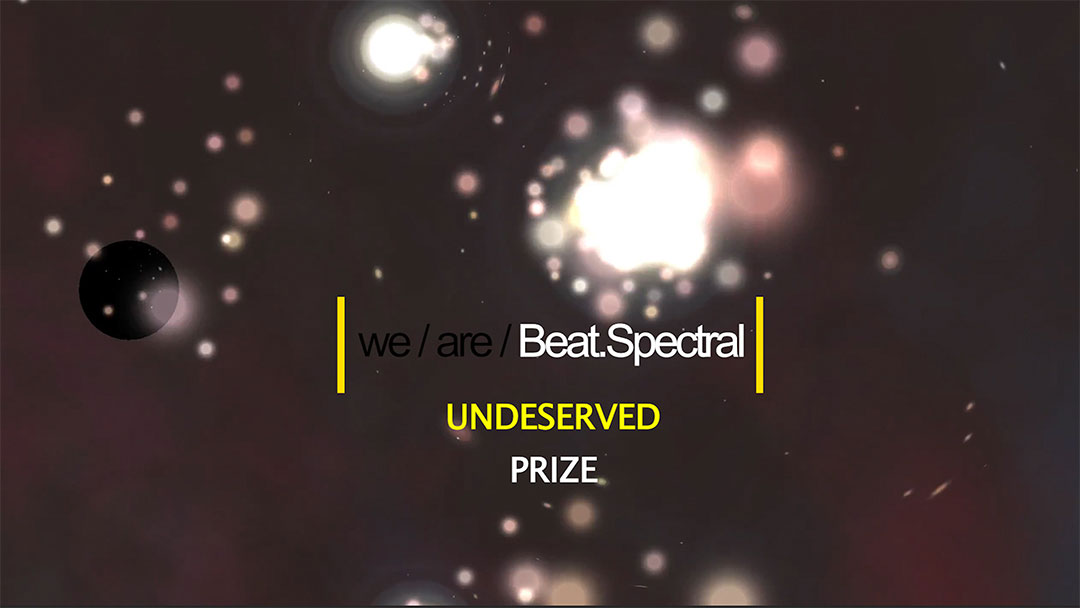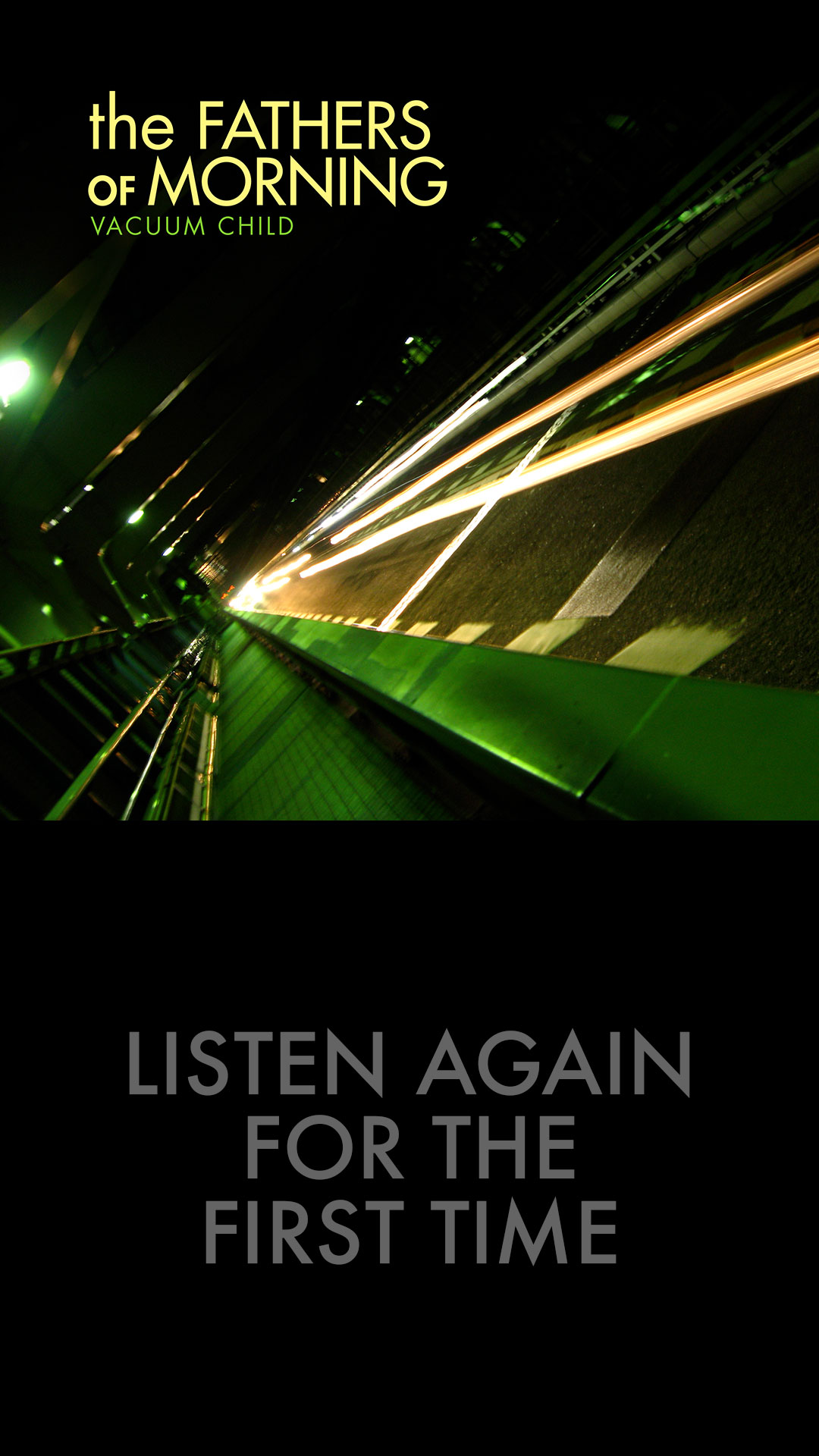
Every artist with an album (or two) in the hopper this fall has COVID to thank for the unexpected downtime that precipitated it. Lilly Hiatt is no different. Upon the release of her universally praised Walking Proof in March 2020, she had to absorb the letdown of not being able to flesh out and promote a great album on the road. Left to her own devices, John Hiatt’s oldest daughter sunk about as low as she could go. She salvaged her sanity by writing the songs on Lately (New West), and her latest release sure sounds like someone staving off—and shaking off—a pandemic stupor. Raw, intimate and a little shaky at times, Hiatt is at her most vulnerable and exposed on Lately, whether she’s longing for life’s basic emotional necessities or battling through the regret of an imploded relationship. It’s the hard dopamine crash after the more confident and forceful Walking Proof—one that bears some pretty bitter-yet-satisfying fruit. Hiatt made a compelling case for Lately’s silver linings in a recent chat.
Sounds like 2020 was a bit of rough ride for you.
Not a fun year, in my opinion. But I’m glad to get through it. Luckily for me, my family all lives in Nashville. So when we began to feel OK about getting together outside, we started to do that in the late summer of last year, I think—though it’s hard to remember the timing of anything at this point. Everybody is safe, and I’m very grateful for that.
Lately is a far cry from the more streamlined and assertive Walking Proof.
Most of the songs were written in my house. It was a different mindset and a different energy going on—much quieter, much stiller.
And there was the letdown of not being able to tour Walking Proof.
Yeah, it sucked to not be able to play the songs—to have all this stuff that you worked on with a team of people just get totally canceled. One of the good things about releasing that album at the beginning of the pandemic was that it made me understand that I needed to just sit with the sadness and move forward. But records are there forever.
“The Last Tear” was the first song you wrote in this batch of new music. Interesting that it’s the final track on the album.
It was the first song I wrote that I felt I wanted to share in some way. When I like something I’ve written, I want to play it again—and I wanted to play that one again. To me, it made sense to put it last. It was a good period on the record—or a dot, dot, dot.

The pandemic was an obvious source of inspiration for the music on Lately. Were there other things going on in your life that also figured into it?
The pandemic changed a lot in my life and the lives of everyone I know. Things weren’t the same, and they wouldn’t be again. It’s what most people experienced—the massive anxiety produced by a very horrifying thing we were all going through. Then I had relationship end, and that was another thing I had to deal with.
Initially, Lately sounds spare and subdued. But the subtle creativity of the instrumentation creeps up on you after a listen or two. How was it recorded?
I live alone at my place. I’m already half recluse, half people person, but I was really going into that space of really needing a connection. I needed it so badly; I felt incredibly isolated. I initially thought I’d just make some demos with Kate (Haldrup) in her studio to bring some light into my life by collaborating in any way with somebody. We kept it pretty simple. We started by recording just my rhythm guitar and vocals. Then we added [Haldrup’s] drums, [Robert Hudson’s] bass, guitar, keys and steel. We just built off of those demos. The sparseness comes from the fact that we started with just guitar and vocals and worked around that.
Who else is on the album?
Mike (Eli) LoPinto played a lot of the guitar parts on the record, and he’s got this cool, smooth thing he does that really suited the mood. My partner, Coley Hinson, played guitar on “Peach” and “The Last Tear,” and his dad, Steve, played the pedal steel. Micah Hulscher played the keys. Everyone really just put their hearts into it.
In the Nashville documentary It All Begins With A Song, your dad talks about how difficult it can be for him to write a song. Is it the same for you?
I haven’t seen that. Hmm, it’s interesting to me that he said that, because he’s written a lot. For me, I go through periods where I want to write all the time, and then I go through periods where I’m like, “Oh, I don’t know.” I used to put more pressure on myself, but I don’t anymore. I trust that it’s just there and it’ll always be there. I have to write to deal with my life. That’s how I deal, so it’s gonna happen.
—Hobart Rowland














